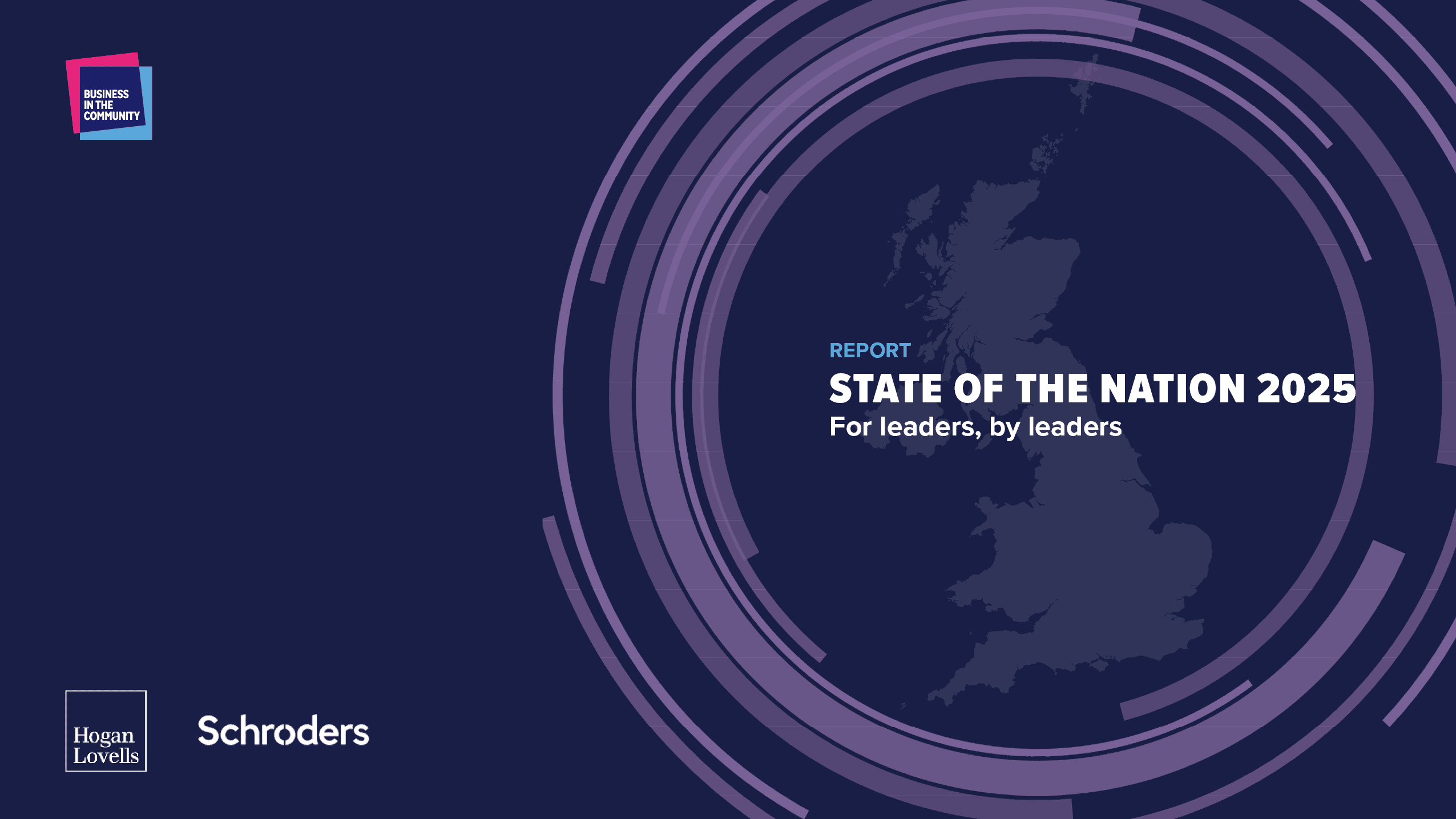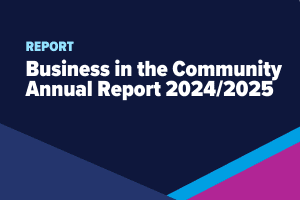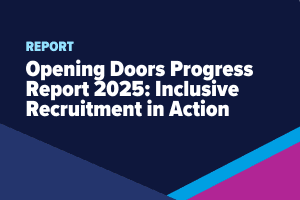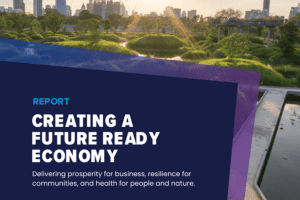Business in the Community State of the Nation Report 2025
Business in the Community State of the Nation Report 2025
The State of the Nation 2025 report contains insights in trends in responsible business leadership from more than 100 interviewed business leaders from across the UK.
Business in the Community’s State of the Nation Report 2025 is for leaders, by leaders.
This report, in partnership with Hogan Lovells and Schroders, represents the views of more than 100 recently interviewed business leaders from across the UK, sharing insights from the priorities, expectations of each other, and challenges leaders shared.

Report summary
This report is based on a mixed-methods research approach, combining quantitative and qualitative insights to understand the perspectives of UK business leaders on responsible business and economic growth.
We surveyed senior leaders, including CEOs, Chairs, and Executive Committee members from some of the UK’s largest companies across multiple sectors. The survey was conducted between January and May 2025, and responses were anonymised to encourage honest and open input.
In parallel, we conducted a series of in-depth interviews with business leaders to explore their priorities, challenges, and aspirations in greater detail.
It was designed and delivered by Business in the Community in collaboration with our partners, and it forms part of our ongoing commitment to understanding and advancing responsible business in the UK.
Key report takeaways
Concerning responsible business, findings from business leaders revealed:
of business leaders have maintained or increased the priority they give to addressing societal and environmental challenges.
of business leaders agree that societal challenges in the UK were directly affecting their success, citing the lack of effective skills training, cost of living and high levels of economic inactivity.
of business leaders thought that the Government is collaborating effectively with businesses to address major societal and environmental challenges.
Download the report
Lives are transformed when leaders take action
Business in the Community (BITC) provides a range of opportunities for leaders to immerse themselves in the most pressing social and environmental issues. Together, leaders collaborate to take action and scale up support on the issues that matter the most.
Thank you to our participants
We would like to thank all those who have been surveyed and interviewed for this research, and especially our partners, Hogan Lovells and Schroders.






